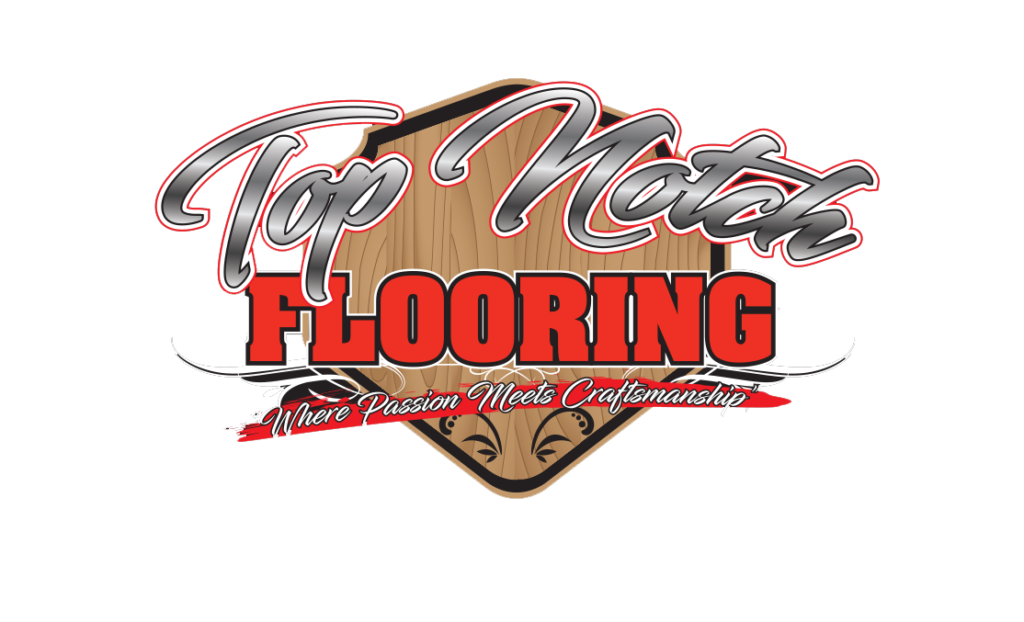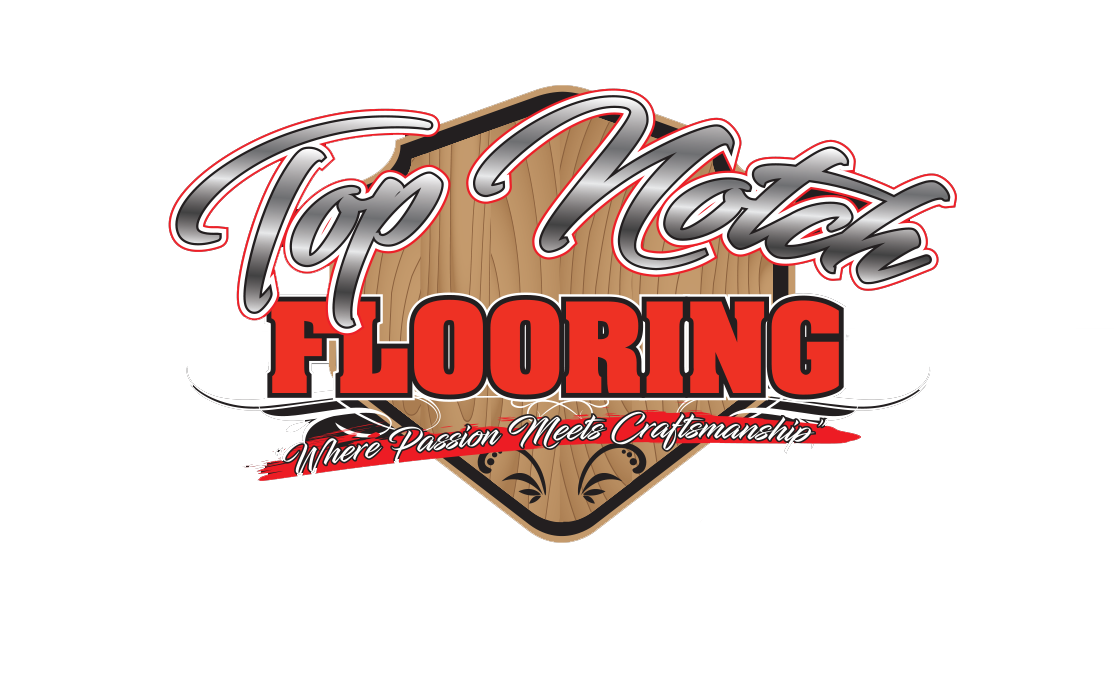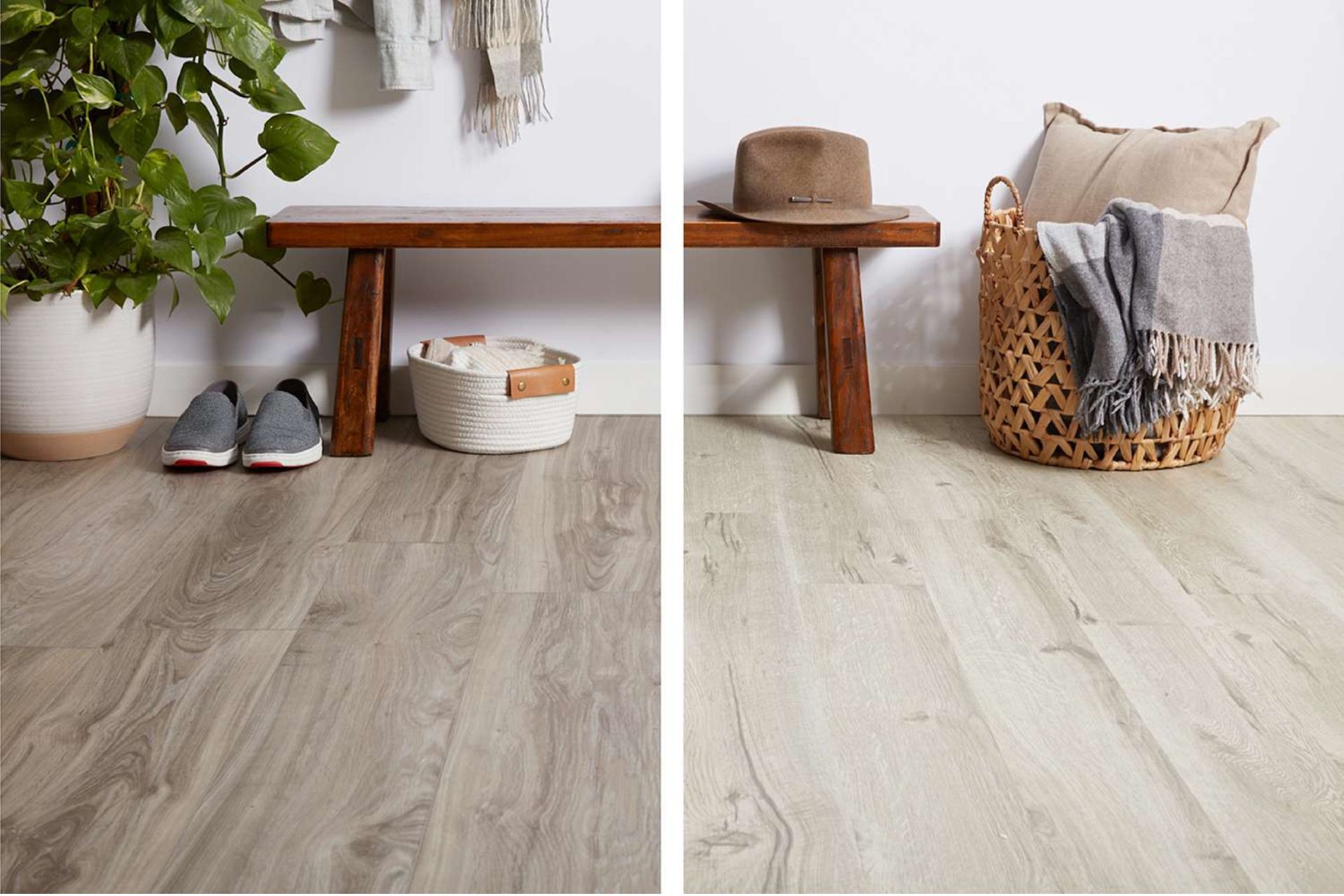Luxury Vinyl Plank vs. Laminate Flooring: A Comprehensive Comparison
Luxury Vinyl Plank vs. Laminate Flooring: A Comprehensive Comparison
The Basics: Luxury Vinyl Plank vs. Laminate Flooring
Luxury vinyl plank (LVP) and laminate flooring are both engineered flooring materials that aim to replicate the look of natural wood. However, they are constructed differently. Luxury vinyl flooring is made from synthetic materials, typically including several layers like a design layer, a wear layer, and a core layer. The design layer is what gives LVP its realistic wood or tile appearance, while the wear layer provides durability and protection.
Laminate flooring, on the other hand, consists of a core layer made of high-density fiberboard (HDF) or particleboard, topped with a photographic image of wood or stone, which is protected by a clear, hard-wearing top layer. Both luxury vinyl and laminate flooring offer the aesthetics of wood or stone, but there are key differences in their performance and suitability for different environments.
Water Resistance: The Deal-Breaker
One of the most significant differences between luxury vinyl flooring and laminate flooring is their resistance to water. Luxury vinyl plank is inherently waterproof, making it an ideal choice for areas prone to moisture, such as bathrooms, kitchens, and basements. This water resistance means that spills, humidity, and even standing water won’t damage your floor, ensuring it remains in pristine condition for up to 25 years or more.
In contrast, laminate flooring, though more resistant to water than traditional wood flooring, is not entirely waterproof. Prolonged exposure to moisture can lead to swelling, warping, and water damage, especially at the seams where the planks meet. While some higher-quality laminate products offer better moisture resistance, they still can’t match the waterproof nature of luxury vinyl plank. If you’re concerned about water damage, especially in high-moisture areas, LVP is the clear winner.
Durability and Lifespan: Which Lasts Longer?
Both luxury vinyl plank and laminate flooring are designed to withstand the wear and tear of everyday life, but there are differences in their durability and lifespan. Luxury vinyl plank, with its resilient wear layer, is highly resistant to scratches, dents, and stains. This makes it an excellent choice for homes with pets, children, or high foot traffic. Many luxury vinyl flooring options come with warranties that last up to 25 years, ensuring long-lasting beauty and performance.
Laminate flooring is also durable, with a tough top layer that resists scratches and scuffs. However, because laminate flooring is more susceptible to water damage, its lifespan can be shorter in environments where moisture is a concern. On average, laminate flooring can last up to 20 years, but its longevity depends heavily on proper care and maintenance.
Installation: Easy to Install, But Which is Simpler?
When it comes to installation, both luxury vinyl plank and laminate flooring offer the advantage of being relatively easy to install. Both flooring options typically feature a floating floor system, where the planks or tiles are clicked together without the need for glue, nails, or staples. This makes them an excellent choice for DIY projects.
Luxury vinyl plank is particularly favored for its flexibility and ease of installation. The planks can be installed over most existing floors, including concrete, tile, or even sheet vinyl, with minimal preparation. Additionally, because LVP is waterproof, it can be installed in any room without the need for additional moisture barriers.
Laminate flooring is also easy to install, but it requires a bit more precision due to its rigid core. Proper underlayment is crucial to prevent moisture from affecting the floor, and care must be taken to ensure a smooth, level surface to avoid any imperfections. While both options are easy to install, LVP offers a bit more versatility, especially in areas with moisture concerns.
Comfort and Sound: The Feel Underfoot
The comfort and sound properties of a floor are essential considerations, especially in living areas where you spend a lot of time. Luxury vinyl plank tends to be softer underfoot compared to laminate flooring, thanks to its flexible core and the potential for additional underlayment. This softness makes LVP more comfortable to walk on, especially in spaces where you may be standing for long periods, like the kitchen.
In terms of sound, luxury vinyl plank also has an edge. LVP’s construction helps to absorb sound, reducing noise and creating a quieter environment. This can be particularly beneficial in multi-level homes or apartments where sound transmission can be an issue.
Laminate flooring, while offering a firm and stable surface, can sometimes feel harder underfoot and may produce a hollow sound when walked on. This can be mitigated with high-quality underlayment, but it’s something to consider if comfort and sound are top priorities.
Design Versatility: Aesthetic Appeal
Both luxury vinyl plank and laminate flooring offer a wide range of design options, allowing you to achieve the look of natural wood, stone, or tile. The design layer in LVP is incredibly realistic, with advanced printing technology creating authentic-looking wood grain patterns, knots, and textures. This allows for a wide variety of styles, from rustic farmhouse to sleek, modern designs.
Laminate flooring also offers impressive visuals, with high-definition images providing a convincing wood or stone look. However, the thickness of the design layer in laminate is often thinner than that of luxury vinyl, which can sometimes result in a less realistic appearance, especially when compared side by side with LVP.
In terms of overall design versatility, both floor vinyl options are strong contenders, but LVP may offer a slight edge with its higher quality, more realistic textures, and the ability to mimic natural wood and tile surfaces more closely.
Maintenance: Keeping Your Floors Looking Their Best
Maintenance is a critical factor for busy homeowners who want to keep their floors looking great with minimal effort. Luxury vinyl plank flooring is incredibly low-maintenance. It can be easily cleaned with a wet mop, and its waterproof nature means there’s no need to worry about moisture seeping into the planks.
Laminate flooring, while also easy to clean, requires a bit more care. It’s best to avoid excessive water when cleaning, as this can lead to swelling and warping over time. A damp mop can be used, but it’s essential to dry the floor quickly to prevent any potential water damage.
Both types of vinyl flooring are durable and relatively easy to care for, but luxury vinyl flooring edges out laminate due to its superior water resistance and simpler maintenance routine.







